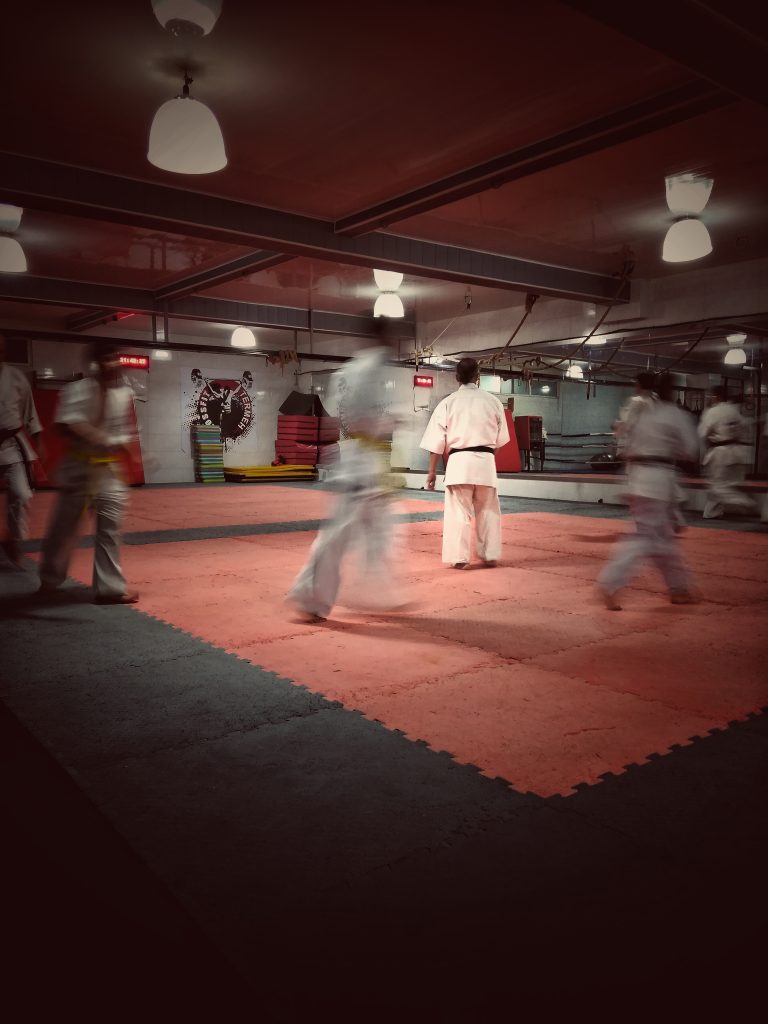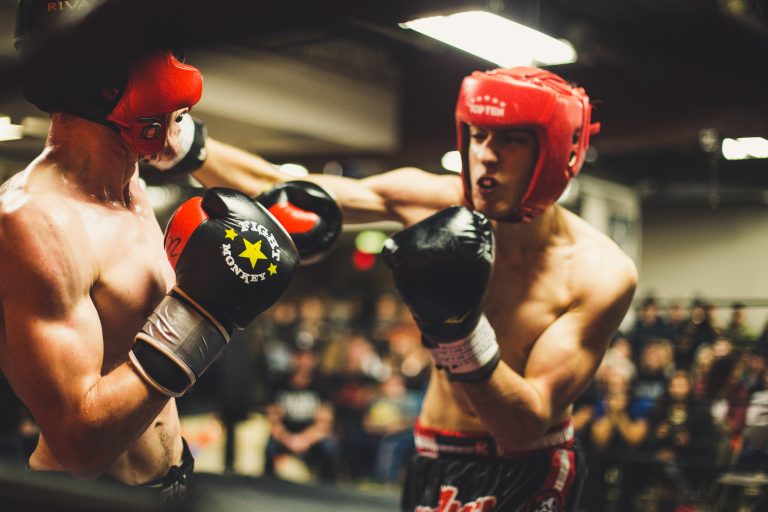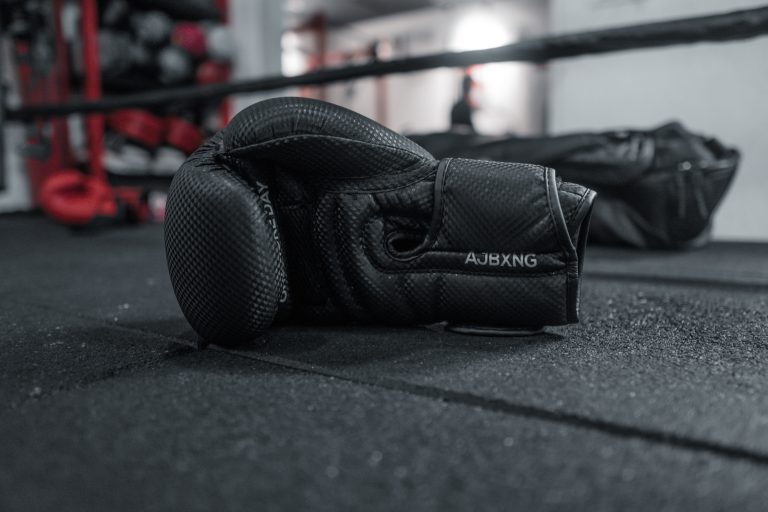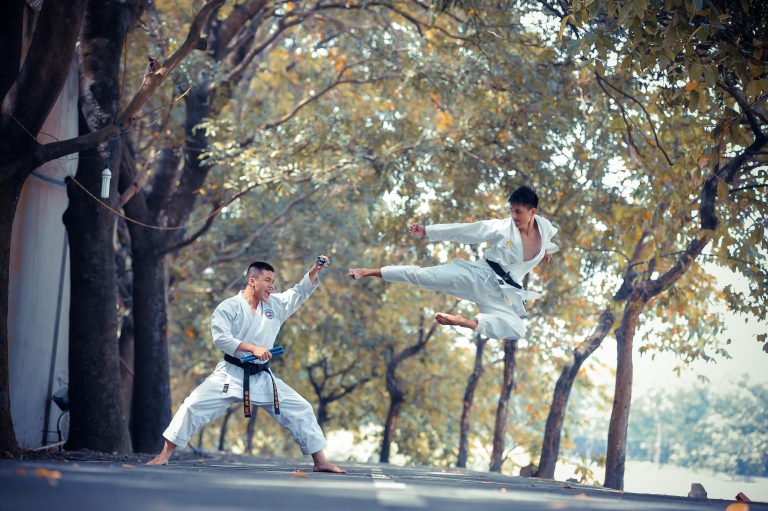Is Karate a Good Choice for Self-Defense Training?
When it comes to self-defense, it’s important to find a martial art that fits your personal goals and needs. Karate is one of the most popular martial arts in the world, and is often recommended as a great choice for self-defense training. In this blog post, we’ll explore the advantages and disadvantages of Karate training for self-defense.
Advantages of Karate for Self-Defense
Karate is a striking-based martial art that emphasizes quick, powerful movements. Its techniques are focused on using the hands, feet, elbows, and knees to strike an attacker’s vital points. This can be especially effective against untrained attackers, as it allows Karate practitioners to end a fight quickly and decisively.
Another advantage of Karate for self-defense is its emphasis on preparation and awareness. Karate training teaches practitioners to always be aware of their surroundings and to anticipate potential threats. This can help them avoid dangerous situations altogether or be prepared to defend themselves if necessary.
Karate training also improves physical conditioning, coordination, and flexibility. Regular practice can improve endurance and strength, which can be useful in a self-defense situation where a practitioner may need to defend themselves for an extended period of time. Additionally, the physical coordination and flexibility developed through Karate training can help a practitioner avoid and defend against attacks more effectively.
Disadvantages of Karate for Self-Defense
While Karate can be effective in a self-defense situation, there are some disadvantages to consider. For one, Karate training tends to focus on defending against single attacks, rather than multiple attackers or weapons. In a real-life situation, an attacker may be armed or there may be multiple attackers, which can make defending oneself more difficult.
Additionally, Karate training often emphasizes discipline and respect over aggression and violence. While this is a positive aspect of the martial art, it can also hinder a practitioner’s ability to react aggressively in a self-defense situation. This can be a disadvantage if a practitioner is caught off guard and needs to defend themselves quickly and aggressively.
Finally, Karate training can often be expensive and time-consuming. It may not be feasible for everyone to commit to regular training sessions or pay for a Karate gym membership.
Conclusion
Overall, Karate can be an excellent choice for self-defense training. Its emphasis on powerful striking techniques, preparation and awareness, and physical conditioning make it a great option for those looking to improve their ability to defend themselves.
However, it’s important to consider the disadvantages of Karate training as well. Practitioners should be aware of the limitations of the martial art and supplement their training with additional techniques and strategies to defend against multiple attackers or armed assailants.
Ultimately, the effectiveness of Karate as a self-defense tool comes down to the individual practitioner’s commitment to training, as well as their ability to adapt and respond quickly in a real-life situation.
Is Karate a Good Choice for Self-Defense Training?
Karate is one of the most popular martial arts practiced around the world. It is often associated with self-defense, but many people wonder if it really is an effective form of self-defense. In this post, we will answer some of the most frequently asked questions about Karate and self-defense training.
What is Karate?
Karate is a Japanese martial art that focuses on striking techniques, such as kicks, punches, and knee strikes. It also involves various blocking techniques to prevent attacks. Karate was developed in the Ryukyu Kingdom in the 19th century and has since spread around the world.
Can Karate be used for self-defense?
Yes, Karate can be used for self-defense. The techniques taught in Karate classes are designed to defend against attacks from an opponent. However, it is important to note that Karate is not just about physical techniques. It also teaches mental discipline, including self-control and focus, which can be applied to self-defense situations.
Is Karate effective in real-life self-defense situations?
This is a difficult question to answer definitively. The effectiveness of Karate in self-defense situations will depend on a number of factors, including the skill level of the practitioner, the specific techniques used, and the circumstances of the situation. However, there have been many cases where Karate practitioners have successfully defended themselves in real-life situations.
What are the benefits of Karate for self-defense training?
Aside from the physical techniques that can be used in self-defense situations, Karate also provides other benefits for self-defense training. For example, the mental discipline and focus required in Karate can help individuals remain calm and focused in high-stress situations. Additionally, regular training can improve physical fitness, which can be beneficial in self-defense situations.
Can anyone learn Karate for self-defense?
Yes, anyone can learn Karate for self-defense. However, it is important to find a reputable Karate school with experienced instructors who can teach proper technique and provide safe training environments. Additionally, individuals should consider their own physical abilities and limitations when deciding to learn Karate for self-defense.
What should I look for in a Karate school for self-defense training?
When looking for a Karate school for self-defense training, there are a few things to consider. First, look for a school with experienced instructors who have a background in self-defense training. Additionally, the school should have a safe training environment and offer classes that focus specifically on self-defense techniques. Finally, it is important to find a school that fits your personal goals and needs.
Are there any downsides to using Karate for self-defense?
While Karate can be an effective form of self-defense training, there are some downsides to consider. For example, it can take many years of training to become proficient in the techniques needed for self-defense situations. Additionally, some techniques may not be practical for all individuals or situations. It is important to consider both the advantages and disadvantages of using Karate for self-defense before beginning training.
Conclusion
In conclusion, Karate can be an effective form of self-defense training for individuals of all ages and abilities. However, it is important to find a reputable Karate school with experienced instructors who can teach proper technique and provide safe training environments. Additionally, individuals should consider their own physical abilities and limitations when deciding to learn Karate for self-defense. With regular training and dedication, Karate can provide individuals with the mental and physical tools necessary to effectively defend themselves in real-life situations.
Inhaltsverzeichnis






